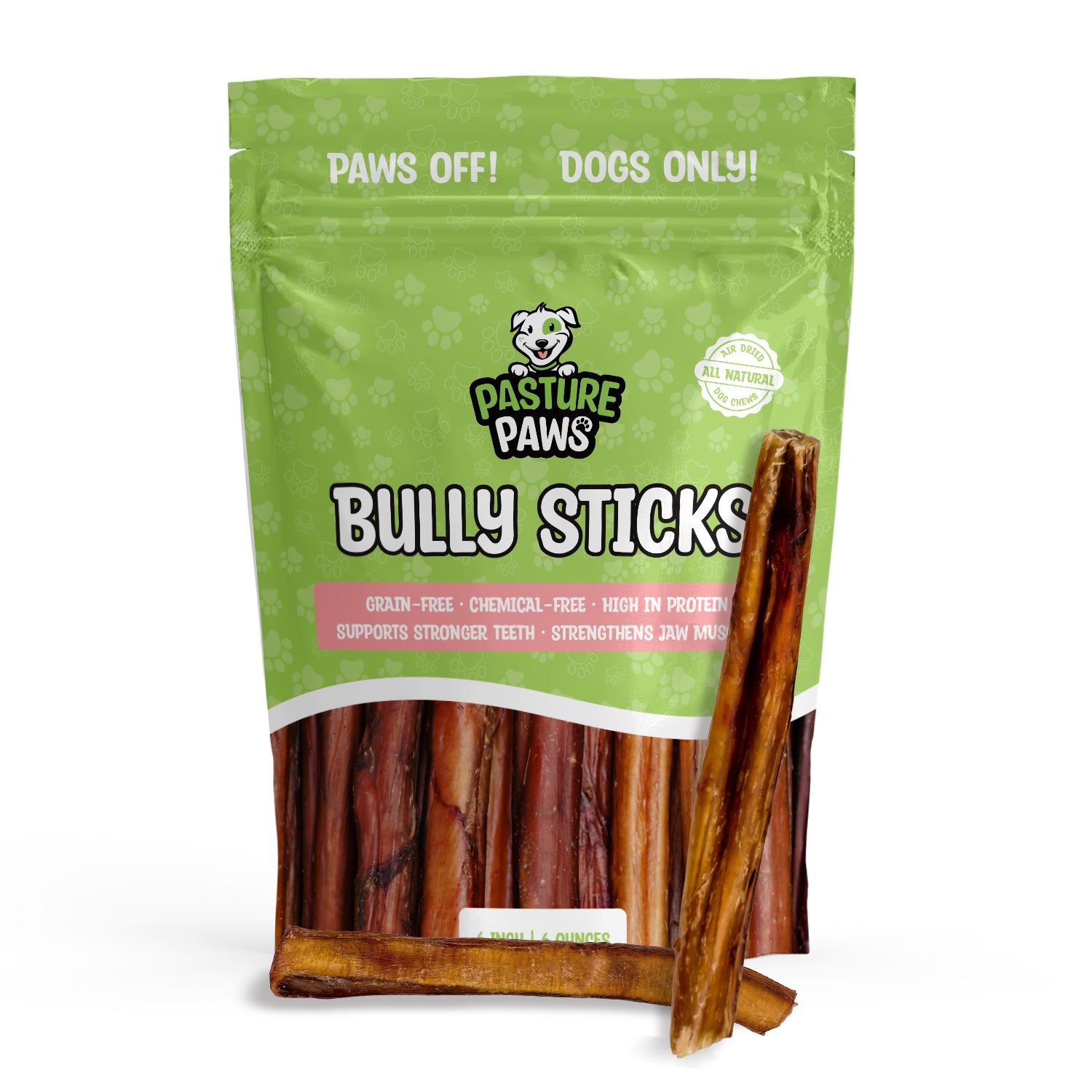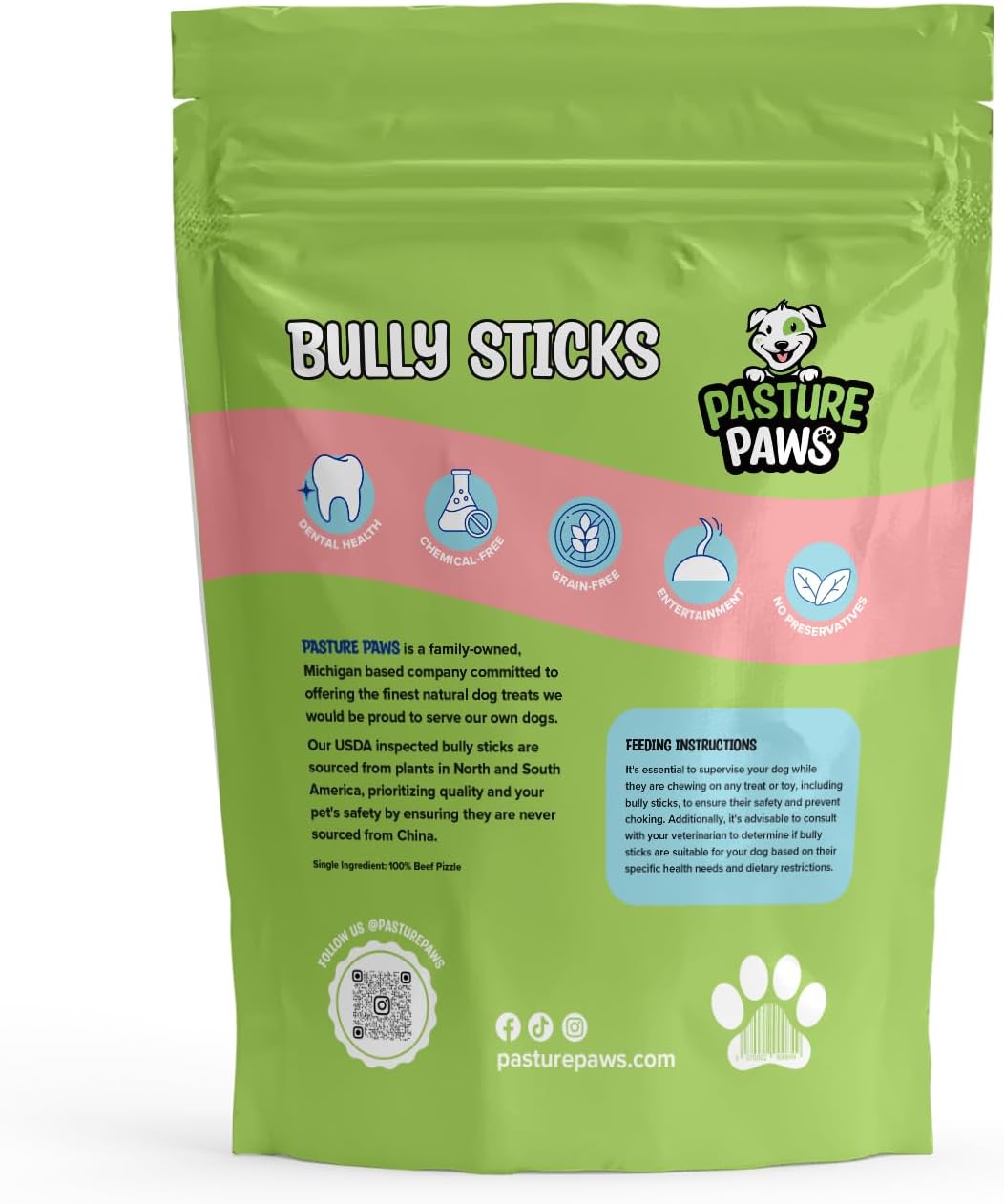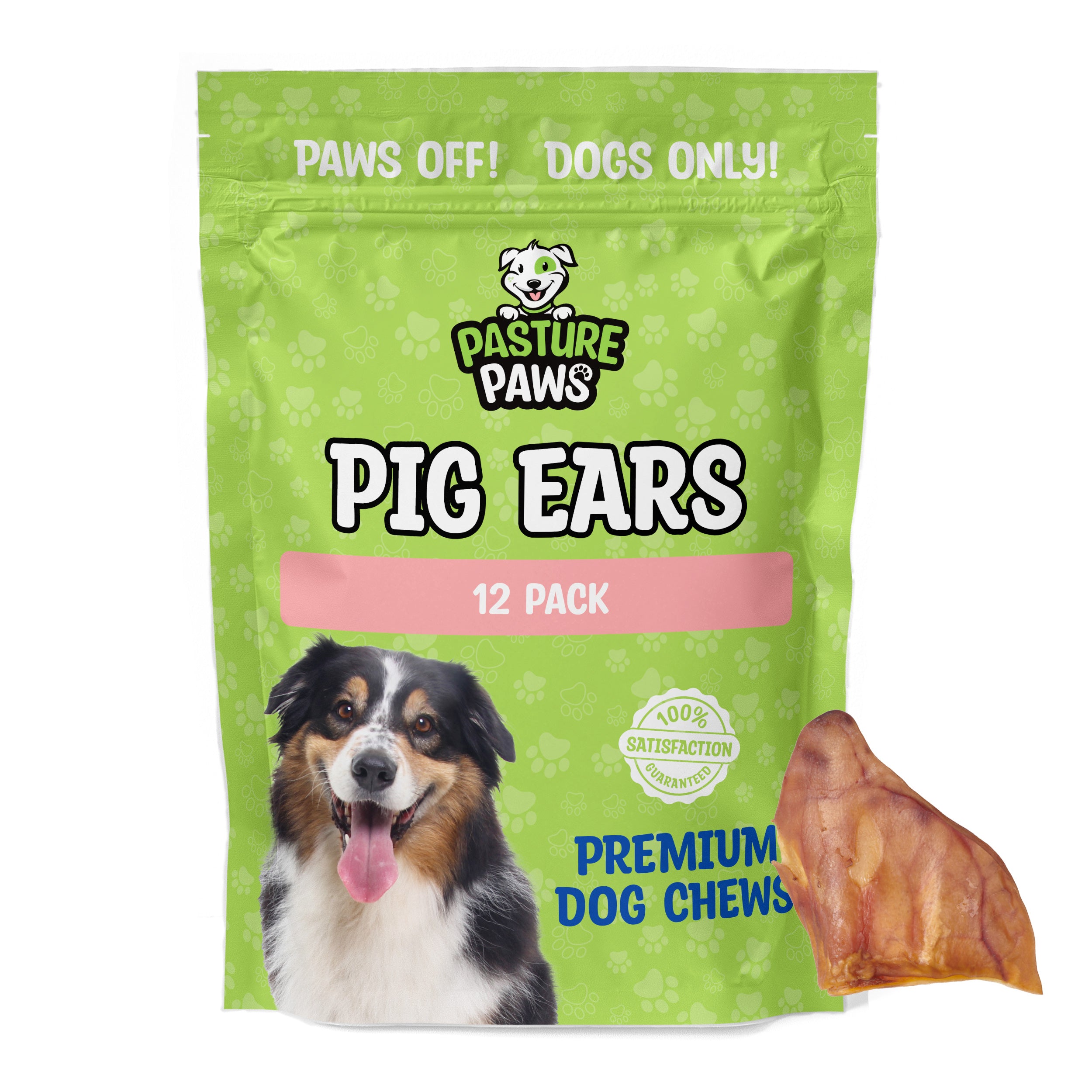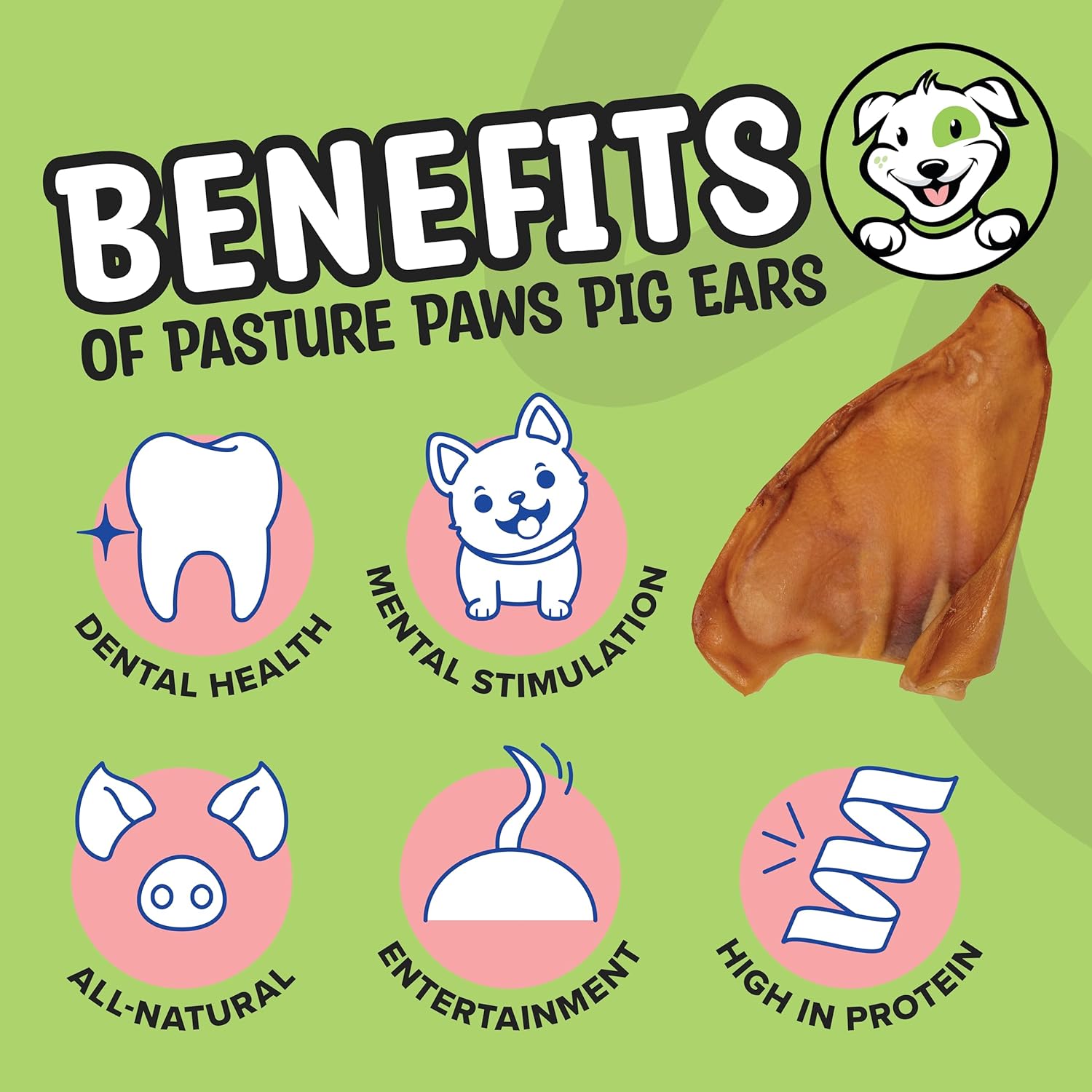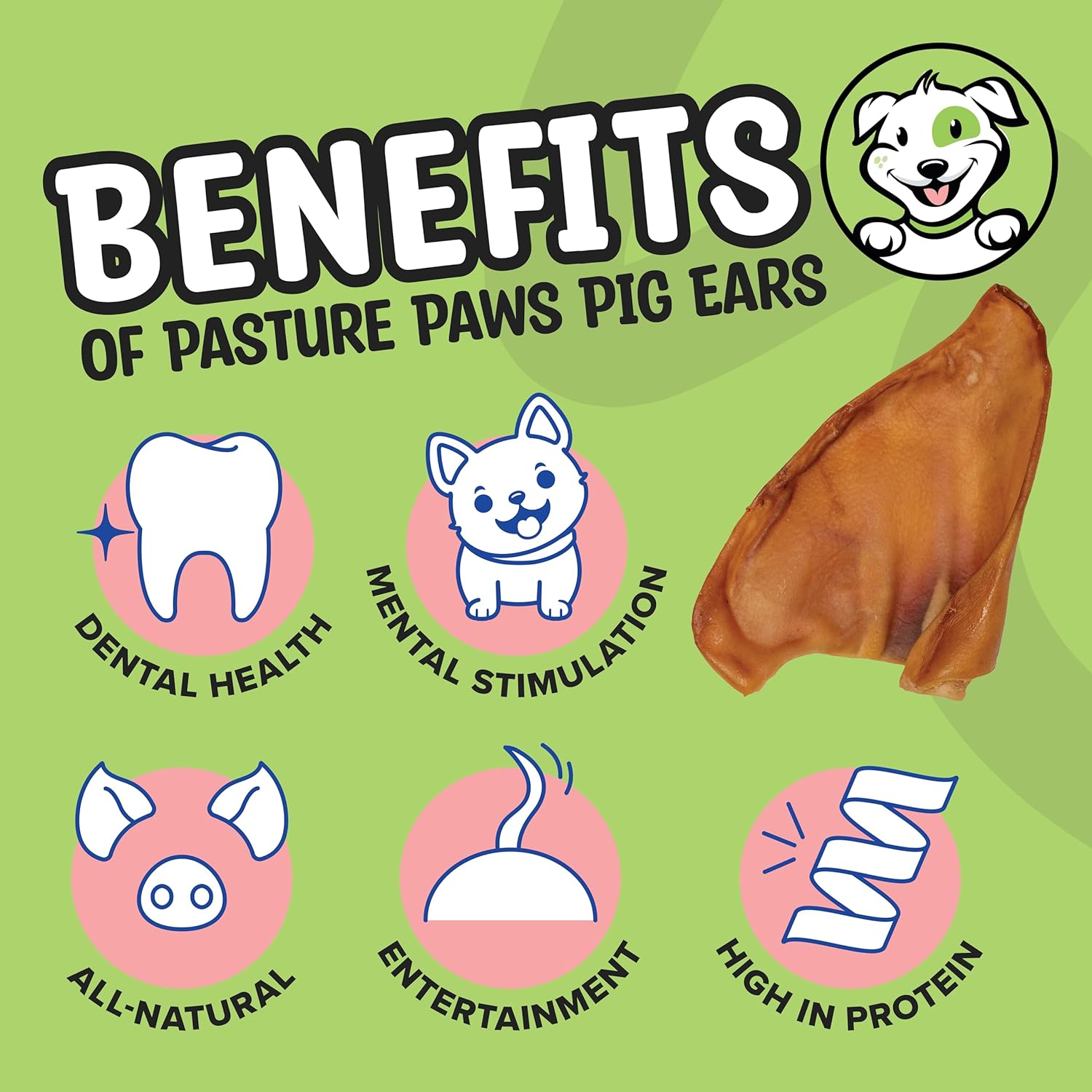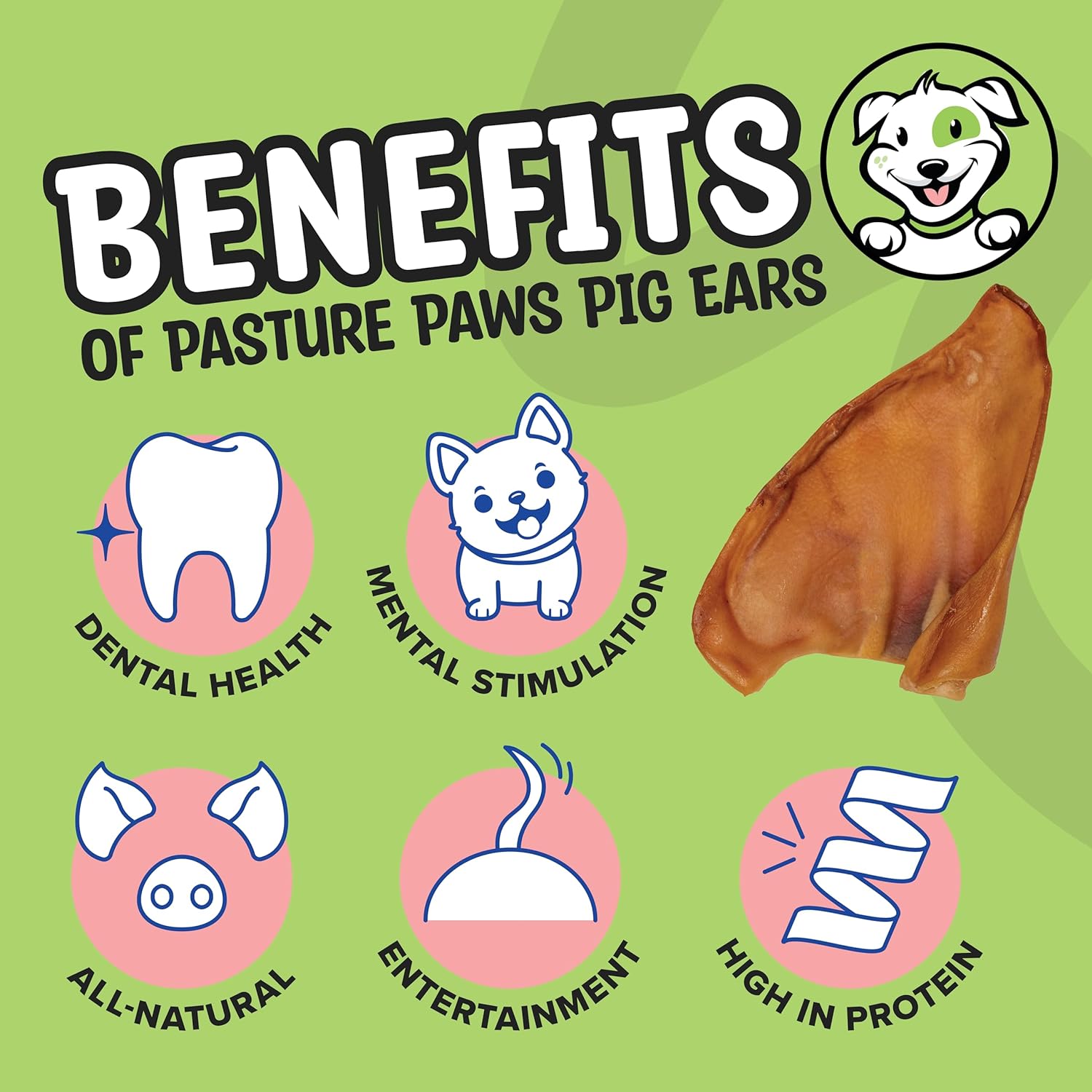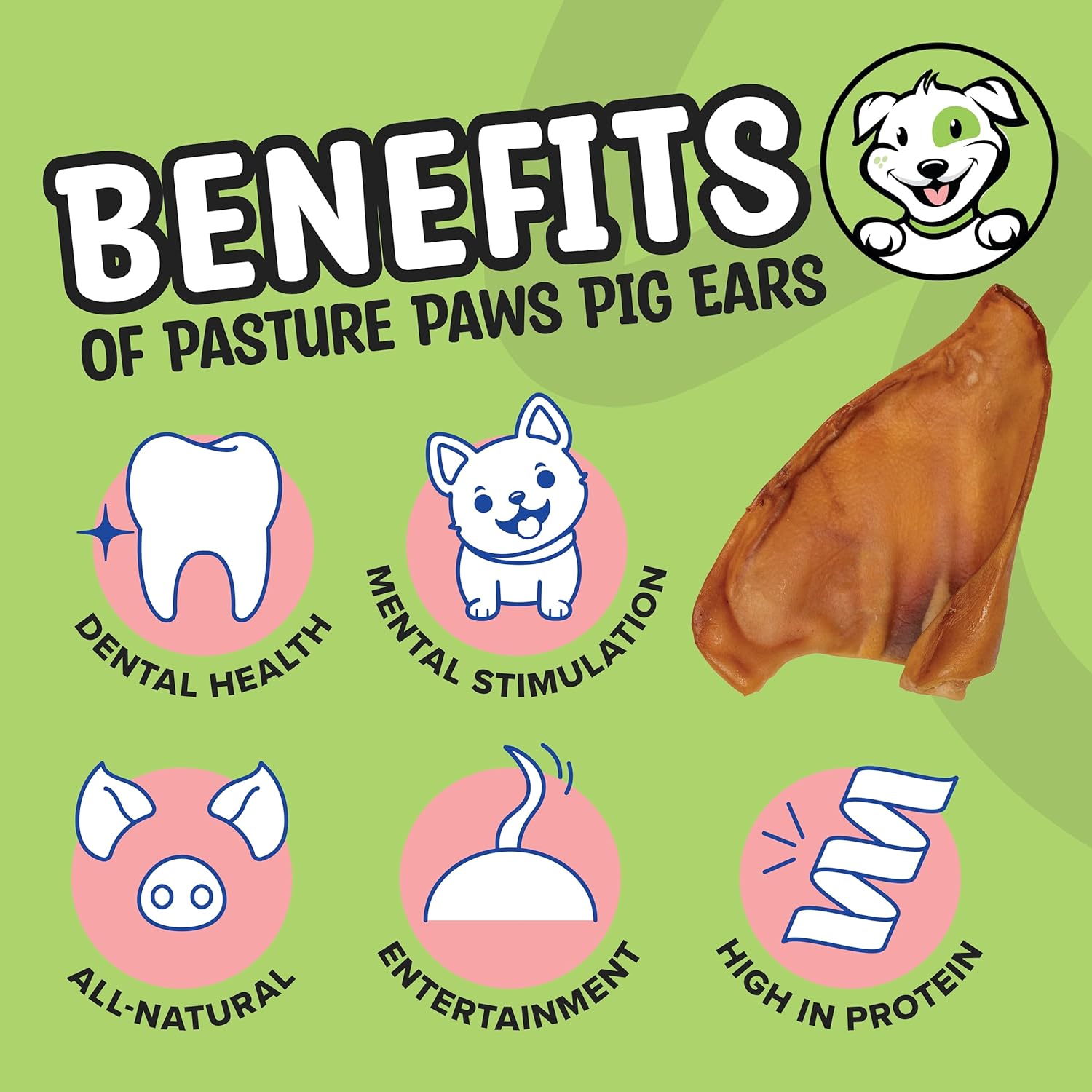If you're a dog owner, you know how important it is to give your furry friend treats as a reward for good behavior or just to show them some love. However, not all dog treats are created equal. Some are packed with unhealthy ingredients that can harm your dog's health in the long run. When it comes to choosing dog treats that are good for dogs, make sure they're made with high-quality, natural ingredients and free from fillers, preservatives, and artificial colors and flavors. Additionally, consider your dog's dietary needs and restrictions, such as sensitive stomachs or food allergies.
To help you choose the best dog treats for your furry friend, we've compiled a list of some of the best options available on the market. We've consulted with veterinarians and researched customer reviews to find treats that are not only healthy but also tasty and enjoyable for dogs. Whether you're looking for training treats, dental chews, or just a tasty snack, there's something on this list for every dog.
Understanding Good Dog Treats For Dogs

When it comes to dog treats, it's important to understand what you're giving your furry friend.
Dog treats can be used for training, as a reward, or just as a snack.
However, not all dog treats are created equal.
In this section, we'll discuss the different types of dog treats, the importance of natural ingredients, and common treat ingredients to avoid.
Types of Dog Treats
There are many different types of dog treats available on the market, including biscuits, jerky, dental chews, and more.
It's important to choose a treat that is appropriate for your dog's size and dietary needs.
For example, small dogs may prefer smaller treats, while larger dogs may need larger treats to satisfy their hunger.
Importance of Natural Ingredients
When choosing dog treats, it's important to look for natural ingredients.
Natural ingredients are better for your dog's health and can help prevent health problems down the road.
Some natural ingredients to look for include real meat, fruits, and vegetables.
Best Dog Treats For Dogs: Considerations

When it comes to choosing dog treats, it's important to consider their nutritional value. Here are some factors to keep in mind:
Protein Sources in Treats
Protein is an essential nutrient for dogs, and it's important to ensure that their treats provide a good source of protein.
Look for treats that contain high-quality protein sources, such as chicken, beef, or lamb.
Avoid treats that use meat by-products or fillers as their main protein source.
Caloric Content and Weight Management
Treats can be a significant source of calories for dogs, and overfeeding can lead to weight gain and other health problems. Opting for healthier treat options, such as 5-6" Stuffed Shin Bones (3 Pack), can help manage your dog's calorie intake while still providing a delicious reward.
It's important to choose treats that are appropriate for your dog's size and activity level.
Low-calorie treats can be a good option for dogs on a weight management plan. Be sure to read the label and follow feeding guidelines carefully.
Vitamins and Supplements
Some dog treats contain added vitamins and supplements, such as omega-3 fatty acids and glucosamine, which can provide additional health benefits.
Omega-3 fatty acids can help support skin and coat health, while glucosamine can help support joint health.
However, it's important to speak with your veterinarian before adding any supplements to your dog's diet.
Best Rated Dog Treats: Dog Sizes and Ages

Treats for Small and Large Dogs
When it comes to choosing treats for your furry friend, it's important to consider their size.
Small dogs, such as Chihuahuas and Pomeranians, have different nutritional needs than larger breeds like Great Danes and Mastiffs.
Treats that are appropriate for small dogs may not be suitable for larger breeds, and vice versa.
For small dogs, look for treats that are easy to chew and digest, and that are specifically formulated for their size.
Soft, chewy treats are a good option, as they are easier on their teeth and gums.
For larger dogs, choose treats that are larger in size and that require more chewing. This can help promote dental health and prevent choking hazards.
Puppy Treats versus Senior Dog Treats
Just like humans, dogs have different nutritional needs at different stages of life.
Puppies require more protein and fat to support their growth and development, while senior dogs may need treats that are lower in calories and that support joint health.
When choosing treats for puppies, look for options that are high in protein and that are formulated for their age.
For senior dogs, consider treats that contain glucosamine and chondroitin, which can help support joint health, and that are lower in calories to prevent weight gain.
Best Dog Treats: Dietary Needs and Allergies

If your dog has special dietary needs or suffers from allergies, it's important to choose treats that are specially formulated for their condition.
Hypoallergenic Treat Options
Hypoallergenic dog treats are specially formulated to be gentle on your dog's digestive system and to minimize the risk of an allergic reaction.
When choosing hypoallergenic dog treats, make sure to read the ingredients carefully and to avoid any ingredients that your dog is allergic to.
Grain-Free and Limited Ingredient Treats
Grain-free and limited ingredient dog treats are a good option for dogs with food sensitivities or allergies.
These treats are made with a limited number of high-quality ingredients and are free from common allergens like wheat, corn, and soy.
When choosing grain-free and limited ingredient dog treats, make sure to read the ingredients carefully and to avoid any ingredients that your dog is allergic to.
Good Treats for Dogs: Types and Textures
When it comes to dog treats, texture is an important factor to consider. Different textures can provide various benefits to your dog's oral health. In this section, we will explore the different types of treat textures and their benefits.
Crunchy versus Soft Treats
Crunchy treats are a popular choice among dog owners. They are usually made with ingredients like wheat flour and have a firm texture.
These treats can help scrape away plaque and tartar from your dog's teeth, promoting good oral health. However, if your dog has dental issues or is prone to tooth decay, crunchy treats may not be the best option as they can be hard to chew.
Soft treats, on the other hand, are easier to chew and are a great option for dogs with dental issues.
They are usually made with ingredients like meat and vegetables and have a softer texture. Soft treats may not have the same teeth-cleaning benefits as crunchy treats, but they can still be a healthy snack for your dog.
Chewy Treats and Dental Health
Chewy treats are a popular choice for many dog owners. They are usually made with ingredients like rawhide or other chewy materials and have a texture that requires your dog to chew for an extended period.
Chewy treats can help promote good dental health by scraping away plaque and tartar from your dog's teeth. Opting for treats like 6" Bully Sticks (6 Count) can also help strengthen your dog's jaw muscles.
Dental chews are a type of chewy treat that is specifically designed to promote good oral health.
They are usually made with ingredients like chicken or beef and have a texture that is tough enough to scrape away plaque and tartar. Dental chews can also help freshen your dog's breath.
Best Dog Treats for Dogs: Flavors and Ingredients
When it comes to choosing a dog treat, there are a variety of flavors and ingredients to choose from. Here are some of the most popular options:
Protein-Based Flavors
Dogs are natural carnivores, and many of them love treats that are high in protein.
Chicken, beef, salmon, and turkey are all great options for protein-based treats.
These meats are not only delicious to dogs, but they also provide essential nutrients that help keep your dog healthy.
If you're looking for a high-protein treat that's also low in fat, consider salmon.
Salmon is a great source of omega-3 fatty acids, which can help improve your dog's skin and coat.
Chicken and turkey are also great options, as they are lean meats that are high in protein.
Vegetable and Fruit Options
Vegetables and fruits are also great options for dog treats. They provide essential vitamins and minerals that can help keep your dog healthy.
Some popular vegetable options include carrots, green beans, and sweet potatoes.
These vegetables are not only nutritious, but they also provide a satisfying crunch that many dogs love.
Fruits are also a great option for dog treats.
Bananas and cranberries are both great choices, as they are high in fiber and antioxidants.
Pumpkin is another great option, as it is high in fiber and can help regulate your dog's digestion.
If your dog has a sweet tooth, consider treats that are made with peanut butter.
Peanut butter is a great source of protein and healthy fats, and many dogs love the taste.
Just be sure to choose a brand that doesn't contain xylitol, which can be toxic to dogs.
Safety and Quality Standards for Best Dog Chews
When it comes to choosing dog treats, safety and quality should be your top priorities. You want to make sure that the treats you give your furry friend are made from wholesome ingredients and meet certain standards set by regulatory bodies.
Understanding Packaging and Labels
Packaging and labels can provide valuable information about the quality and safety of dog treats.
Look for treats that list their ingredients in detail, including the source of the protein.
Avoid treats that contain by-products or fillers, which can be harmful to your dog's health.
Some treats may also be labeled as organic or all-natural.
While these labels can be helpful, it's important to remember that they are not regulated by the government and may not always be accurate.
Choosing Best Dog Treats for Dog
As a responsible dog owner, you want to ensure that your furry friend is getting the best nutrition possible. Choosing the right treats for your dog is just as important as choosing their main meals. Here are some recommendations to help you choose the best treats for your dog.
Recommendations by Veterinarians
When it comes to choosing the right treats for your dog, it is always best to consult with your veterinarian.
They can recommend specific treats that are appropriate for your dog's age, breed, and health condition.
Veterinarians often recommend treats that are low in calories, high in protein, and made with natural ingredients.
Treats for Specific Health Conditions
If your dog has specific health conditions, such as dental issues, weight gain, pancreatitis, anxiety, or digestive issues, there are specific treats that can help.
For example, dental chews can help reduce tartar and plaque buildup, while treats like Pasture Paws Cow Hooves (25 Pack) can also contribute to dental health. Additionally, treats made with pumpkin can help with digestive issues.
It is important to choose treats that are specifically designed to address your dog's health condition.
Best Practices for Treat Usage
When giving your dog treats, it is important to use them in moderation.
Treats should never replace a balanced diet, and should only make up 10% or less of your dog's daily caloric intake.
It is also important to choose treats that are appropriate for your dog's size, and to supervise your dog while they are eating their treats.
Top Picks for Best Dog Treats
When it comes to finding the best dog treats for your furry friend, there are a lot of options out there. To help you narrow down your choices, we've compiled a list of our top picks for dog treats. Whether you're looking for the best overall treats, the best treats for training, or the best calming treats for dogs, we've got you covered.
Best Overall Dog Treats
When it comes to the best overall dog treats, there are a few key things to look for.
You want treats that are made with high-quality ingredients, are easy to digest, and are free from any harmful additives or preservatives.
Conclusion
Choosing the right dog treats is crucial for your pet's well-being. Opt for treats made from high-quality, natural ingredients to ensure they're not only tasty but also beneficial for their health. Avoid fillers, preservatives, and artificial additives that can harm your dog in the long term. Considering your dog's specific dietary needs, like allergies or sensitivities, ensures you pick treats tailored to their health requirements.
Reflecting on this guide, I've learned how pivotal it is to prioritize natural ingredients and nutritional value when selecting treats for my own dog. By making informed choices, we can ensure our furry companions enjoy treats that promote their overall health and happiness. For a great selection of healthy dog treats, visit Pasture Paws!
Frequently Asked Questions
What are the health benefits of homemade dog treats?
Homemade dog treats can provide several health benefits to your furry friend.
They are often made with natural ingredients that are free from preservatives and additives, which can be harmful to dogs.
Homemade treats can also be tailored to your dog's specific dietary needs, such as low-fat or grain-free options.
Additionally, making treats at home can be a fun activity for you and your dog to enjoy together.
Which natural ingredients are best for healthy dog treats?
When it comes to healthy dog treats, natural ingredients are the way to go.
Some of the best options include lean meats like chicken and turkey, vegetables such as sweet potatoes and carrots, and fruits like blueberries and bananas.
These ingredients are packed with nutrients that can benefit your dog's overall health and well-being.
What do vets recommend when choosing dog treats?
Vets often recommend choosing dog treats that are low in calories and made with natural ingredients.
Look for treats that are high in protein and low in fat, and avoid those that contain artificial colors, flavors, and preservatives.
It's also important to choose treats that are appropriate for your dog's size and breed.
How often should I give treats to my dog?
The frequency of treat-giving depends on your dog's individual needs and dietary requirements.
As a general rule, treats should make up no more than 10% of your dog's daily caloric intake.
It's also important to consider your dog's weight and activity level when determining how many treats to give.
What should I look for in training treats for my dog?
Training treats should be small, soft, and easy to chew, so your dog can quickly consume them and get back to training.
Look for treats that are high in protein and low in fat, and avoid those that are high in calories.
It's also important to choose treats that your dog finds particularly appealing, as this will make them more motivated to learn.
What are the safest dog treat options for large breed dogs?
Large breed dogs require treats that are specifically formulated for their size and nutritional needs.
Look for treats that are low in fat and high in protein, and avoid those that are high in calories.
It's also important to choose treats that are appropriately sized for your dog, as large treats can pose a choking hazard.
Consult with your vet for specific recommendations on safe treat options for your large breed dog.
